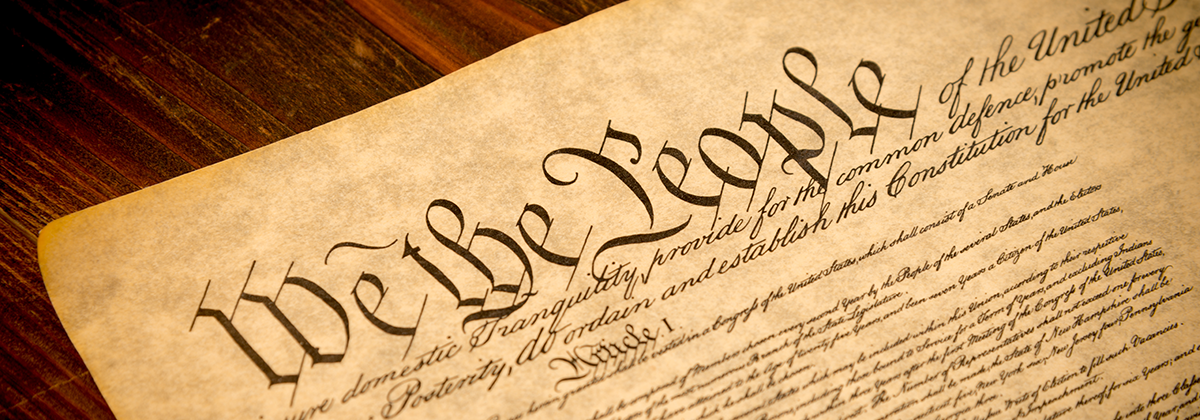The Ties That Bind, part 2
What ties bind you in your fidelity to your family, job, or interests that you pursue? Why do you stay loyal to your circle of friends or specific causes?
Our Founders agreed on certain principles. That’s what kept them together. Fifty-six of them signed the Declaration of Independence. Congress unanimously approved the document.
In part 1 of this series of articles, we established that our Founders had “ties that bind” (see the post from 1/10/21). The first tie or agreement that bound them together was the willingness to engage in intensive study. They read many sources about governments from the ancients to contemporaries.
Intensive study and conversation led to another tie that bonded them together. Our Founders concluded that the Laws of Nature and Nature’s God were foundational to any new government. In short, they agreed that there is a God and that civil government is accountable ultimately to this Creator of the universe. This is not an establishment of religion, for they were not out to found a theocracy. Instead, it was a realization that people are flawed. They have moral failures, mistakes, motives that may be self-serving.
Therefore, the idea that the Laws of Nature and Nature’s God must be respected appears in the Declaration of Independence’s opening sentence. Our Founders agreed that authority and power ultimately reside in the Creator and not in flawed humans. They agreed that there is a God and our rights come from Him. They believed that God ordained governments and that this divine Authority limited civil government.
Let’s think about it.
Then:
In addition to intensive study and debate, the Founders agreed on the foundation of a free government -namely, there is a God, and citizens must respect the Laws of Nature and Nature’s God.
Now:
We can’t agree on toppings for a pizza, let alone what certain foundations of our government are: there are laws of nature and nature’s God, the Creator of the universe.
Here is a small portion of a letter Thomas Jefferson wrote to answer Henry Lee’s questions about the Declaration. It’s important to notice that these foundational principles were not considered out of the mainstream of thought for Americans. Citizens could talk about them without being offended.
“This was the object of the Declaration of Independence. Not to find new principles, or new arguments, never before thought of, not merely to say things which had never been said before, but to place before mankind the common sense of the subject, in terms so plain and firm as to command their assent and to justify ourselves in the independent stand we are compelled to take.”
I recently wrote an article about listening to others with humility during this time in our nation’s history. I received stiff backlash from a few people who don’t want to listen or have humility. We win debates in the marketplace of ideas by presenting a premise, standing by that premise, and conversing until an agreement is reached to accept or reject the argument’s premise. It takes time, study, and conversations. Being a stiff-necked person breaks ties, not binds them.
Next time, we will examine another- the purpose of civil government, another ”tie” that bonded our country together in its beginning.
This is Common Sense Civics and Citizenship.

